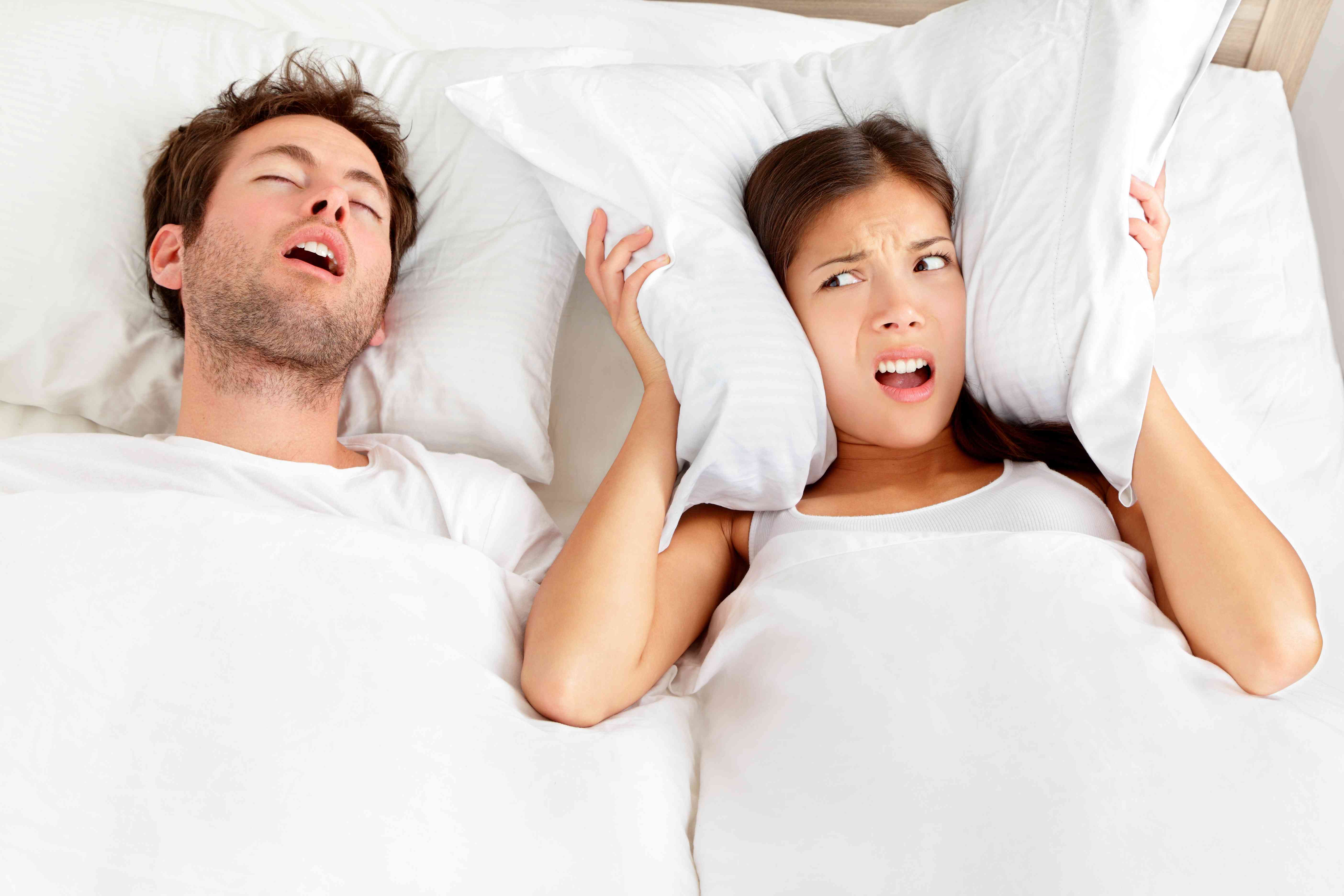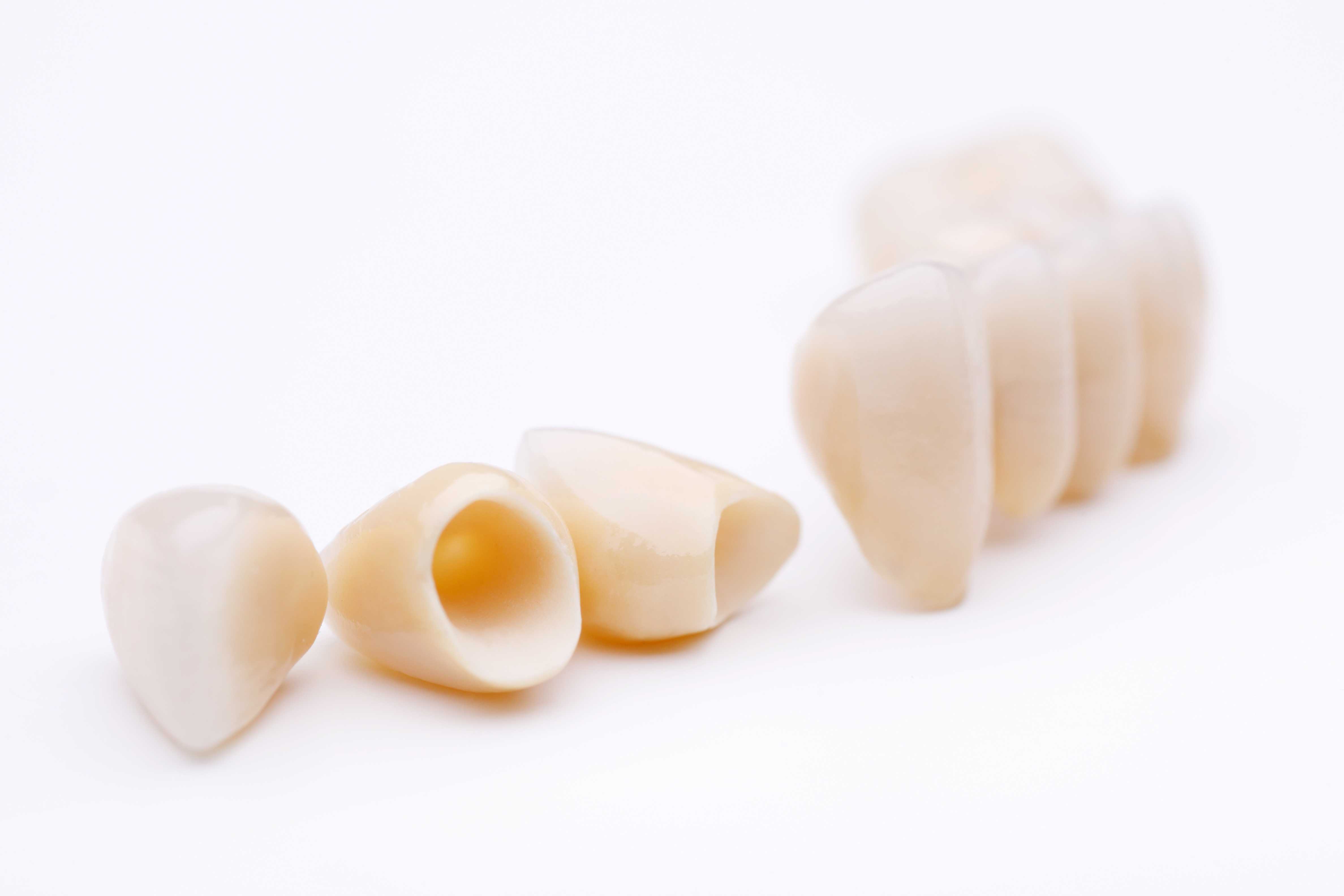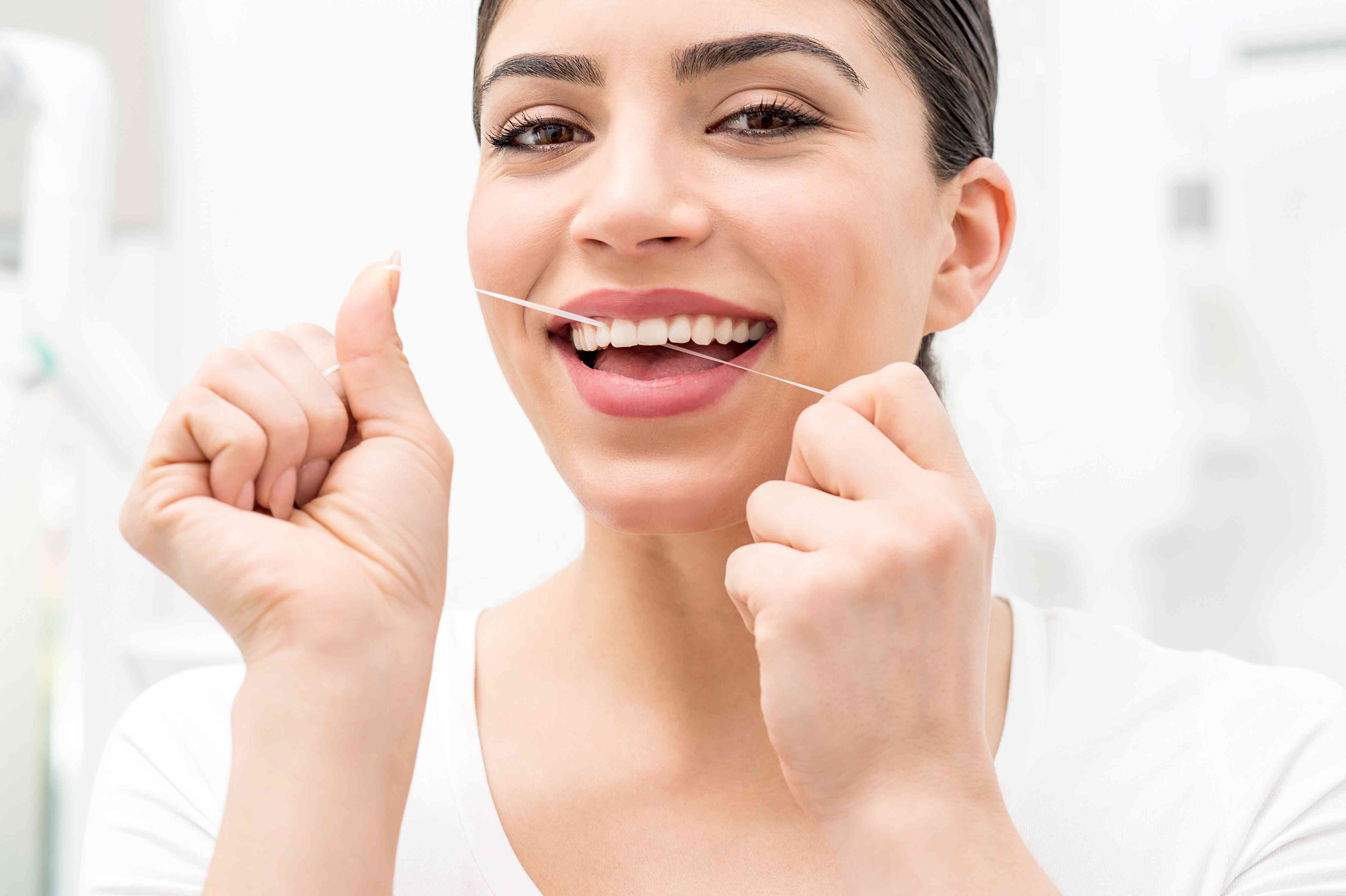
 Would you believe that a dentist could help with your struggle with sleeplessness and snoring? Glenwood Dental Care shares that sleep disturbances and snoring are telltale signs of obstructive sleep apnea and your oral health could be responsible for these conditions. So, the next time your dentist asks you about your sleep, don’t be surprised. Dentists are often the initial diagnostician when it comes to sleep disorders.
Would you believe that a dentist could help with your struggle with sleeplessness and snoring? Glenwood Dental Care shares that sleep disturbances and snoring are telltale signs of obstructive sleep apnea and your oral health could be responsible for these conditions. So, the next time your dentist asks you about your sleep, don’t be surprised. Dentists are often the initial diagnostician when it comes to sleep disorders.
How Sleep Apnea Disrupts Sleep
The National Sleep Foundation found that over 18 million Americans suffer from sleep apnea. The condition triggers recurring breathing pauses (at least 30 times per hour and lasts from a couple of seconds to a few minutes) throughout the entire night’s sleep. The obstruction of the airway passages due to a large tongue, flaccid muscles in the back of the throat, or a small jaw are the common culprits of the condition.
Signs of Sleep Apnea
Tooth grinding, also known as bruxism, is often the first sign of sleep apnea. Dentists check for damaged tooth surfaces, an indicator that the patient is a teeth grinder. Grinding causes tooth wear and breakage, leads to receding gums and mouth inflammation, and makes the person vulnerable to cavity-causing bacteria due to the damage caused by the grinding force.
Another sign of sleep apnea is gasping for air. Sudden gasps can cause people to wake up constantly, which decreases sleep quality and leads to fatigue.
Getting Help From Your Dentist
When a dentist believes that a patient has sleep apnea, he or she will often advise the patient to undergo a sleep study and then refer the case to a medical doctor. If you wish to seek help from your dentist, consider asking these two questions:
“Is an over-the-counter night guard enough?” Ordinary night guards may not be able to address sleep apnea by itself and may even worsen the problem. The dentist may recommend a sturdier, custom-made guard designed to minimize grinding.
“Is there a way for me to determine if I have sleep apnea?” Persistent snoring is a red flag when it comes to sleep apnea. Other symptoms are sore throat, dry mouth, morning headaches, and daytime drowsiness.
Untreated sleep apnea may lead to serious problems such as heart attack, stroke, and arrhythmia. If you have reason to believe that your current oral health is responsible for sleep apnea, check with your dentist and a medical doctor.



